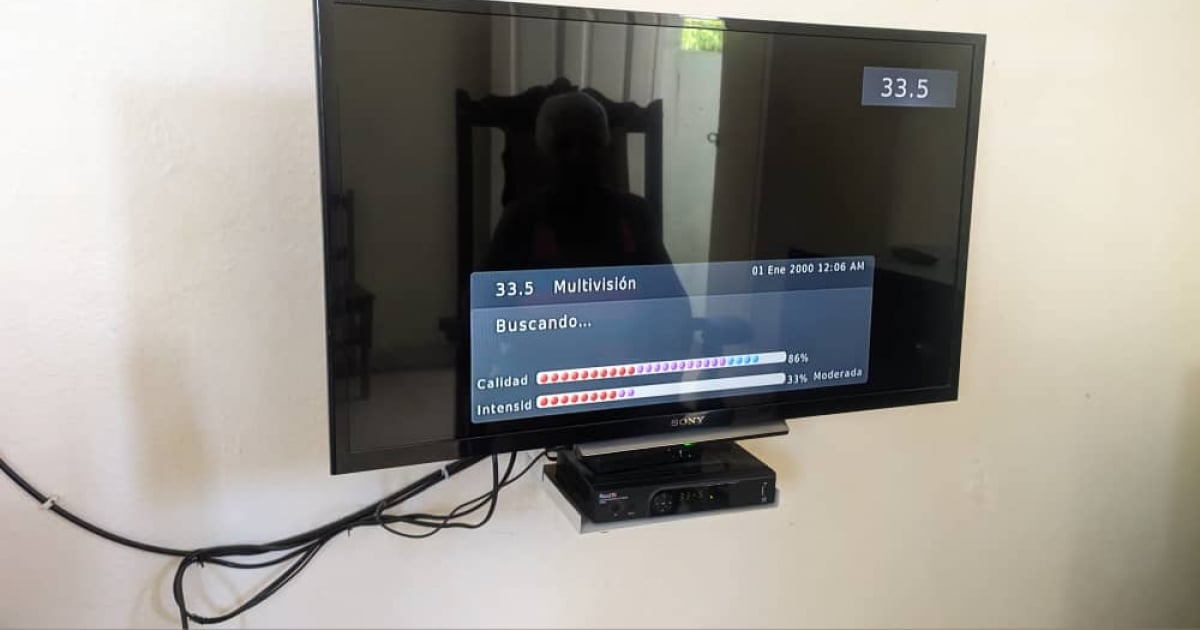This Monday, Radiocuba notified the public about disruptions in television broadcasts throughout various channels in Havana. These interruptions are being attributed to the electrical instability affecting the nation, a consequence of Hurricane Rafael's impact on the western region of the island.
On Facebook, the company explained that the erratic TV signal is due to the "recovery period" following the damages caused by Hurricane Rafael, compounded by the country's fragile energy infrastructure. Radiocuba expressed optimism that these interruptions would decrease as the energy system stabilizes—a process that they claim is being undertaken with great effort by their colleagues at the Unión Eléctrica.
The company also appealed for "understanding" regarding the situation, emphasizing that delivering signals to the public remains their top priority. Despite this, the slow pace of restoring electric service in Havana, Pinar del Río, and Artemisa has faced sharp criticism on social media, highlighting the challenges Cuba confronts in the aftermath of a hurricane.
For instance, after enduring over 120 hours without power, Pinar del Río reconnected to the National Electroenergetic System (SEN) late Monday, as reported by the Cuban regime. Although the westernmost province suffered minimal damage from Hurricane Rafael, it was cut off from the electric grid following the collapse of several high-voltage towers in Artemisa, leaving the area without electricity, according to the pro-government portal Cubadebate.
Nevertheless, beyond the destruction wrought by Rafael, power outages continue to plague the nation. Cuba's Unión Eléctrica announced further blackouts for Tuesday due to a generation capacity deficit exceeding 1,100 MW.
